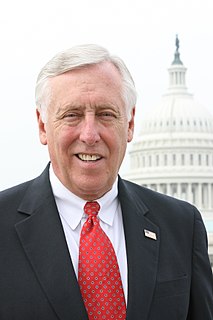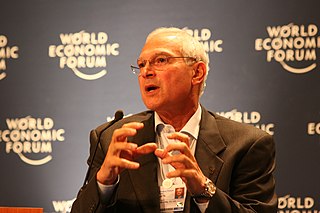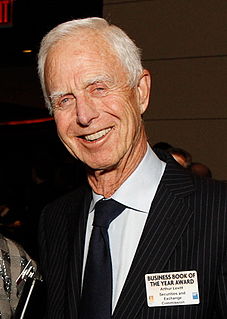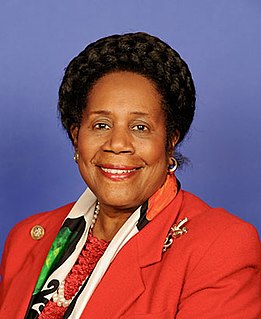A Quote by P. J. O'Rourke
What Enron was doing, what caused investors to embrace it in a rapture of baffled awe, was hiding debt.
Related Quotes
The CEO of Enron, Jeffrey Skilling, married one of the Enron secretaries this week. It's amazing how romantic these Enron guys can be when they realize that wives can't be forced to testify against their husbands. Skilling said today she was the best secretary Enron had ever had. She could shred 950 words a minute. ... I guess they are on their honeymoon right now. That's going pretty well. Hey, he's used to screwing Enron employees.
The moment a large investor doesn't believe a government will pay back its debt when it says it will, a crisis of confidence could develop. Investors have scant patience for the years of good governance - politically fraught fiscal restructuring, austerity and debt rescheduling - it takes to defuse a sovereign-debt crisis.
The not-quite-sort-of lie works here too - often an ad will announce that "Congressman Johnson voted for a bill that gave tax breaks to companies like Enron." True - although the bill allowed all companies to accelerate depreciation of copying machines. Yes, Enron benefited, but Enron also benefited from the revolution of the Earth around the sun. Hardly an argument to freeze the planet in one spot.
The only beef Enron employees have with top management is that management did not inform employees of the collapse in time to allow them to get in on the swindle. If Enron executives had shouted, "Head for the hills!" the employees might have had time to sucker other Americans into buying wildly over-inflated Enron stock. Just because your boss is a criminal doesn't make you a hero.
































